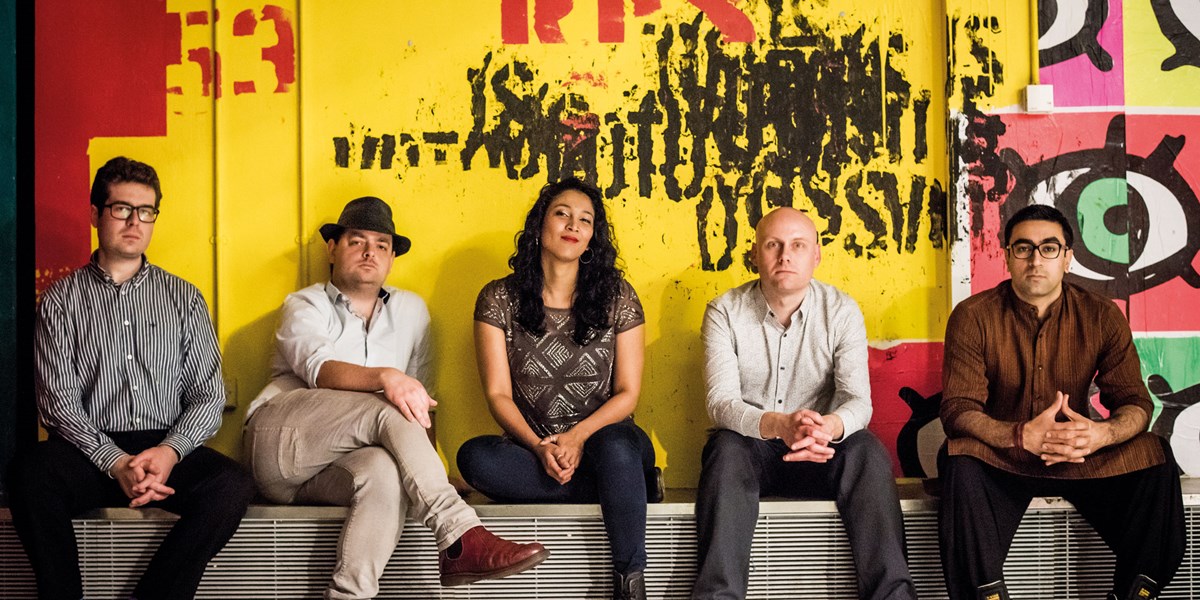Friday, September 2, 2022
Khiyo: Bengali Tribute
By Jo Frost
Khiyo talk to Jo Frost about the impact of Bangladesh’s rich musical traditions and that country’s poetry on their long-awaited second album, Bondona

Khiyo (photo: Nasser Gazi)

Register now to continue reading

Thanks for visiting the Songlines website, your guide to an extraordinary world of music and culture. Sign up for a free account now to enjoy:
- Free access to 2 subscriber-only articles and album reviews every month
- Unlimited access to our news and awards pages
- Our regular email newsletters

